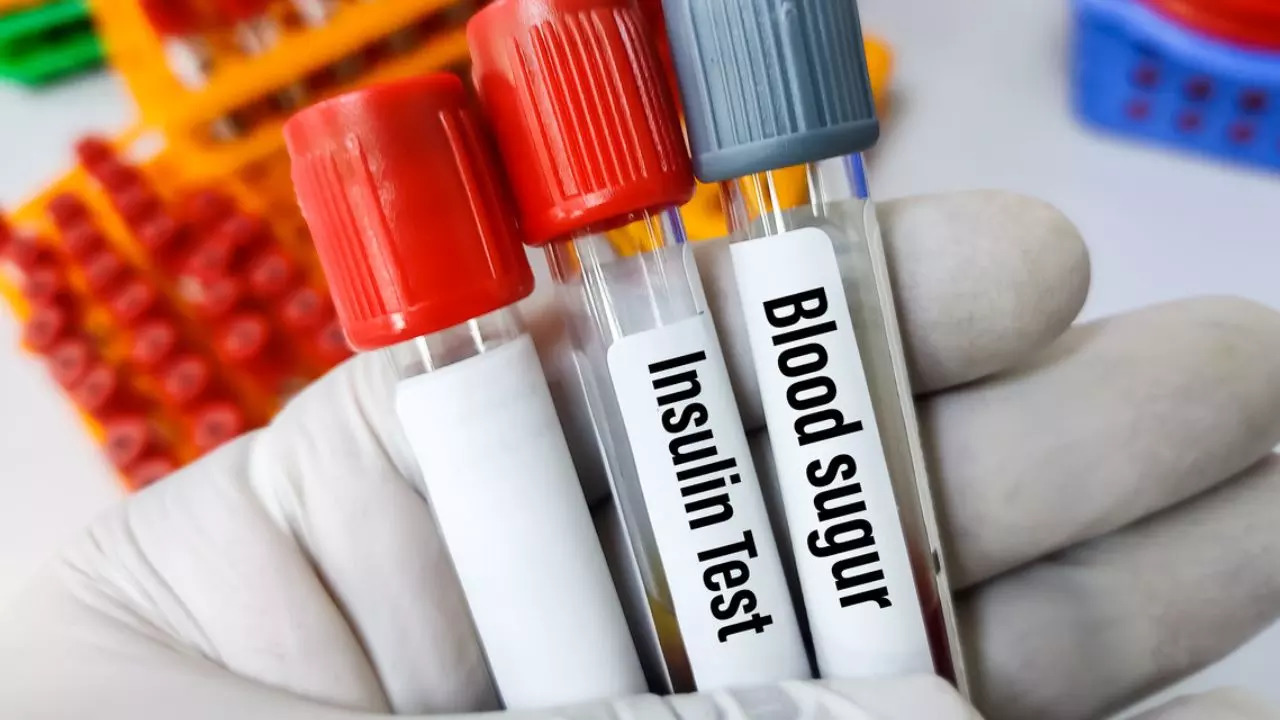
Diabetes is a growing global health crisis affecting millions of people, including right here in Zambia. My Mother, born 15 September 1948, was diagnosed with diabetes about 10 years ago. Recently, she had to undergo an above-the-knee amputation on her right leg, a heart-breaking outcome of this silent disease.
In Zambia, the prevalence of diabetes has been steadily increasing, reflecting global trends of rising non-communicable diseases. Based on the 2017 Zambia STEPS survey, about 4.8%* of adults have diabetes, and many more are in the pre-diabetic stage.

Diabetes is more common in older age groups, with prevalence increasing significantly in those aged 45 years and older. I was encouraged to write this article by Anna at Lusaka Times (LusakaTimes.com), who understood this heart-wrenching personal tragedy that has befallen my family.
Never did we imagine that our very own beloved parent would undergo endless days, weeks and months of agony and sleeplessness to the point of confusion and hallucination, where death becomes a more preferable option to facing excruciating pain day after day. No one came to our rescue! But as a family we have pulled together to get through this enormous challenge. Know this crucial information: The main contributing factors that cause diabetes include: Both therapies aim to prevent complications, such as nerve damage and poor circulation, which can lead to serious conditions like amputations.
2. Regular blood sugar monitoring is critical. Michigan Foot Doctors also emphasize foot care as crucial, particularly for patients at risk of amputation due to poor circulation.
They recommend: These practices are vital for preventing complications like ulcers or amputations. Turning to traditional local foods can be an effective strategy as these foods are nutrient-dense and help regulate blood sugar levels while providing necessary vitamins and minerals. Some excellent local alternatives include: Incorporating these foods, combined with lifestyle changes like increased physical activity and reducing processed sugars, can greatly reduce the risk of diabetes.
Diabetes is a silent killer, but it doesn’t have to claim more lives. My mother’s amputation is a stark warning for all Zambians. Watch your diet, stay active, and pay attention to the early warning signs.
As Dr. Dhand, Dr. Berg, and the Michigan Foot Doctors advise, it’s never too late to make lifestyle changes that can save your life.
It is said that every cloud has a silver lining: My Mother, once active, vibrant and a leader in the community and government, has shown a strong will to survive this tragic event at the fragile age of 76. In spite selflessly serving her constituency and country, she has not once expressed nor expected any special treatment or concern from her country. I feel let down by our government, but I am inspired by my Mother’s tremendous courage and resolve.
Get well soon Mother, I love you dearly! Dr. Suneel Dhand (https://youtu.be/MxeugC5yxFw?feature=shared) Dr.
Eric Berg (https://youtu.be/xpH45c2BrMM?feature=shared) Michigan Foot Doctors (https://youtu.be/8U9b36D43xI?feature=shared) Diabetes mellitus in Zambia and the Western Cape province of South Africa: Prevalence, risk factors, diagnosis and management – PMC (nih.
gov). Zambia : Government Concerned Over Rise in Diabetes Cases In Zambia Prevalence and correlates of pre-diabetes and diabetes among a national population-based sample of adults in Zambia: results of the first national STEPS survey in 2017 | International Journal of Diabetes in Developing Countries (springer.com).













